 Freezing Temps Freezing Temps |
 Ducky Gender Identity Crisis Ducky Gender Identity Crisis |
 Healthy Updates Healthy Updates |
 Outside Farewells... Outside Farewells... |
 The Month in Photos! The Month in Photos! |
 Majestic Newcomers! Majestic Newcomers! |
 Majestic Adoptions! Majestic Adoptions! |
 Gift Keepsakes for Animal Lovers Gift Keepsakes for Animal Lovers |
 Majestic Gift Shop Majestic Gift Shop |
 Majestic Sponsorships Majestic Sponsorships |

To Make a
Donation, please click here: Donation
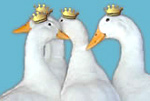
Please Help Today!
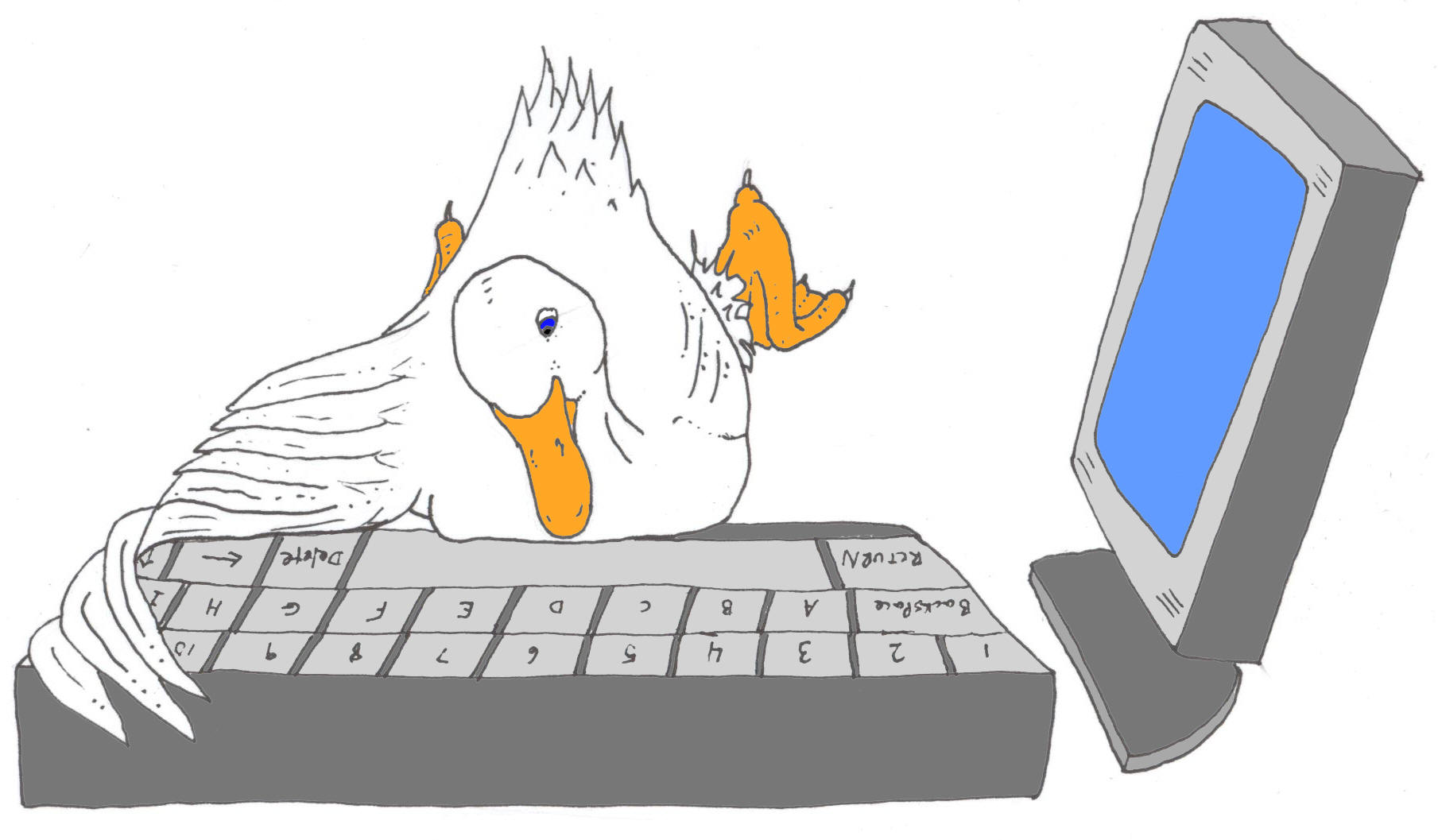
Visit Majestic on Facebook
For lots of
photos and updates as they happen! This is where you can see and
hear all the latest news FIRST!
And visit us on Instagram too: @majestic_waterfowl_sanctuary
Outside Farwells...
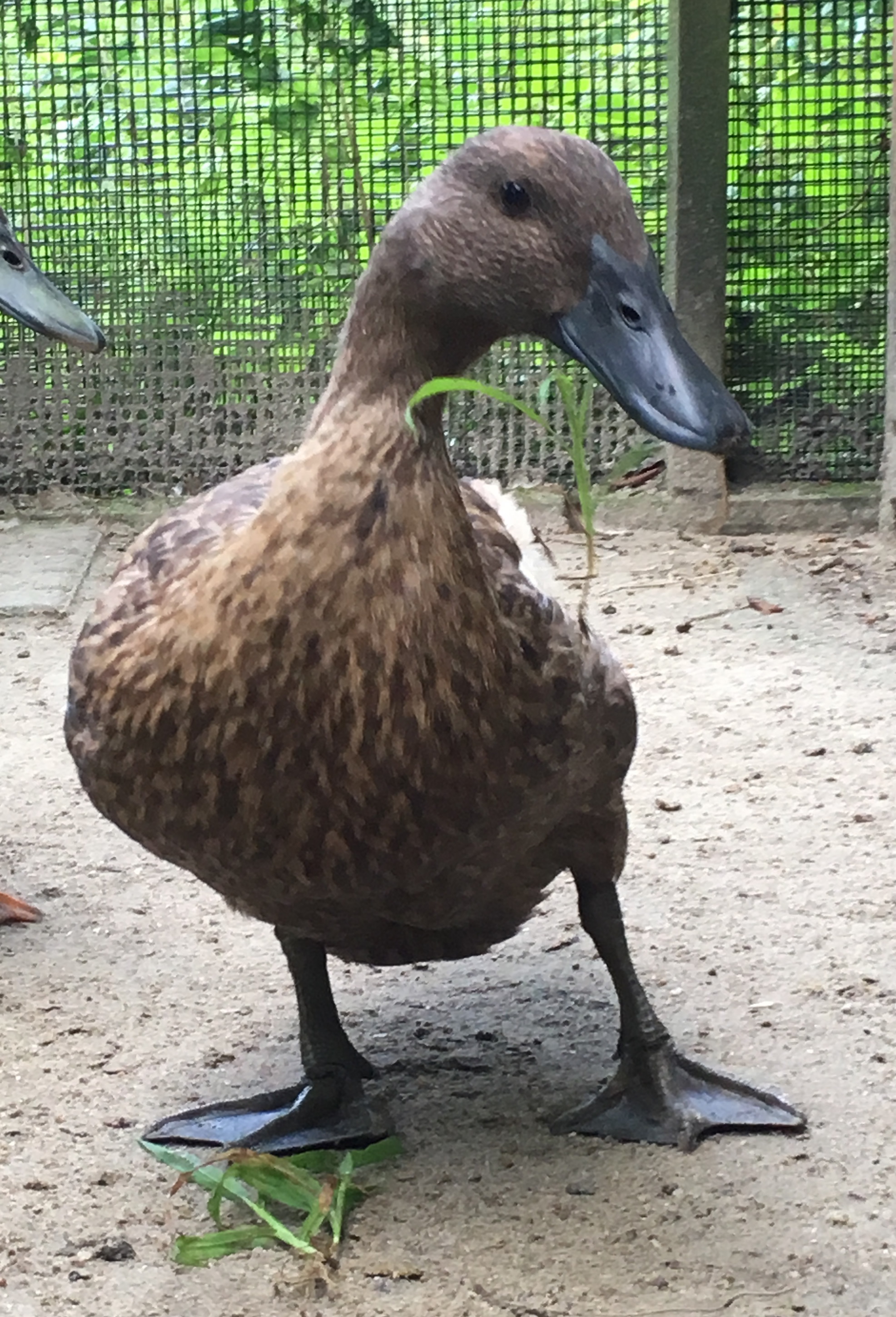
Shiloh... Just over a month in your wonderful new home with Hiro and your new Momma's heart was broken. Why do little ducks get sick sometimes? And why do we lose you when we fight so hard with everything we have to hang on? I'm afraid we may never know, but we were all so very blessed to have you in our lives for the time that we did. We still think of you here in that Neil Diamond voice every time we approach your old pen. You were the one who led Hiro, Halo and Calypso off of that river and safely up into our arms after being abandoned, you little life-saver you!
Shiloh when you were young,
I used to call your name,
When no one else would come,
Shiloh you always came!
And you saved them!
You saved all your friends!
Okay, so I changed the end!
But it's a better end!
Rest in peace, sweet girl, and I promise we will help your new family find some new ducky friends for Hiro, so he won't be lonely...
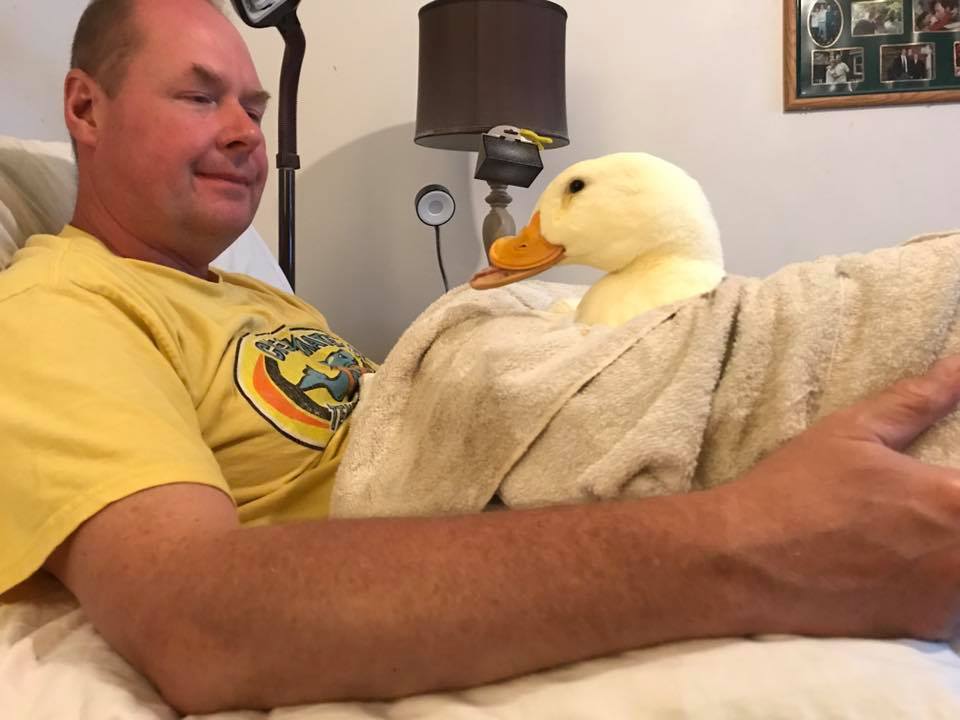
Beakers... You were so full of energy
And your precious face was one that Inspired miracles and laughter...
And then... you fell asleep...
In your Momma's safe arms...
Bless you little feathered one...
The world misses you already...
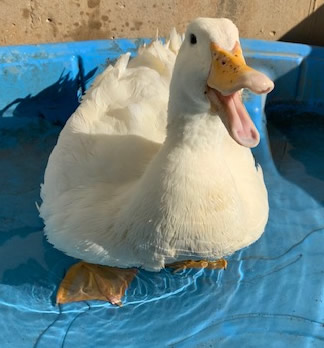
Ducky... Your precious feathers nearly as white as the loving light of your soul... You are dearly missed little one... Dearly missed...
The Month in Photos!
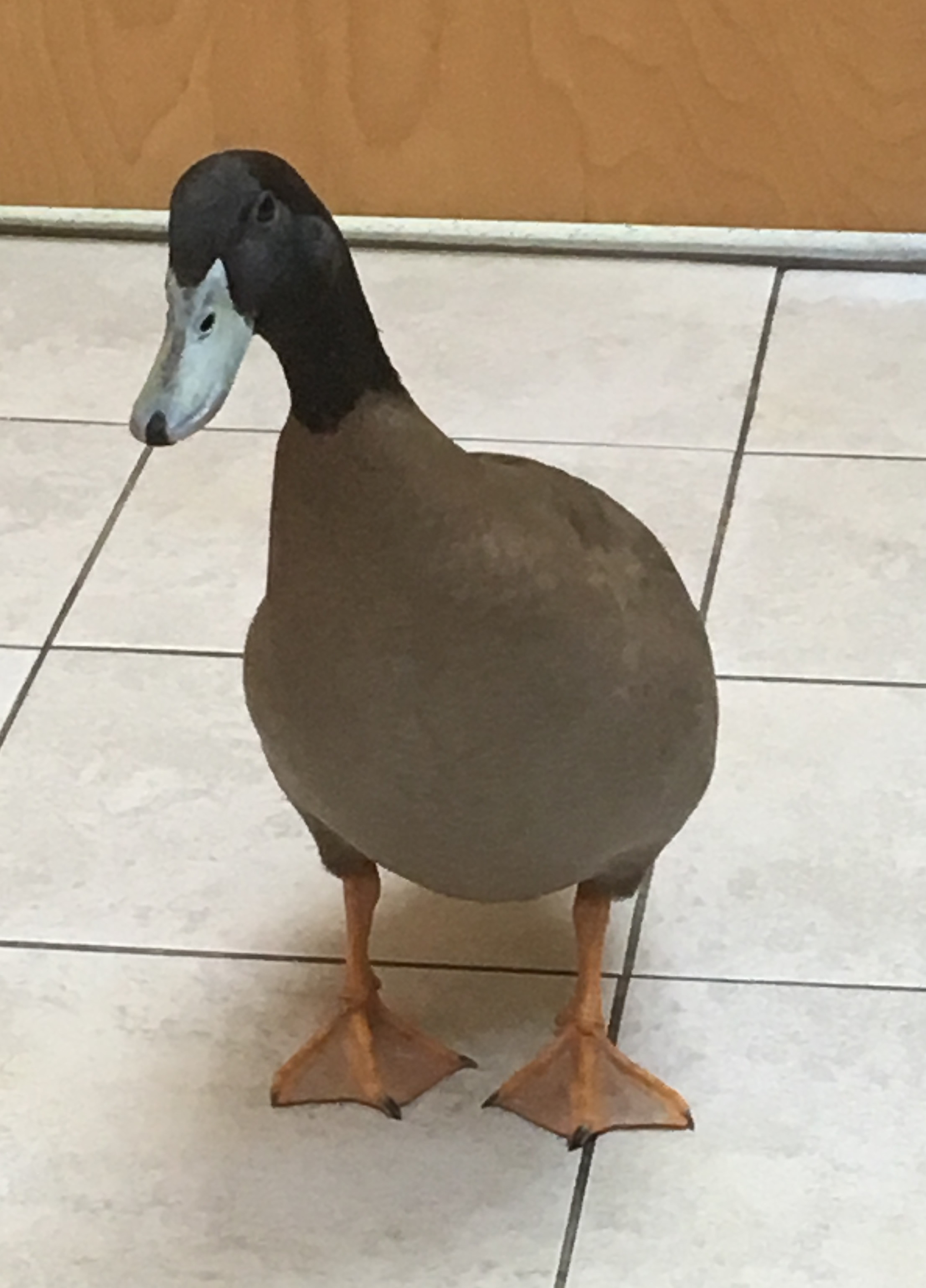
Hiro
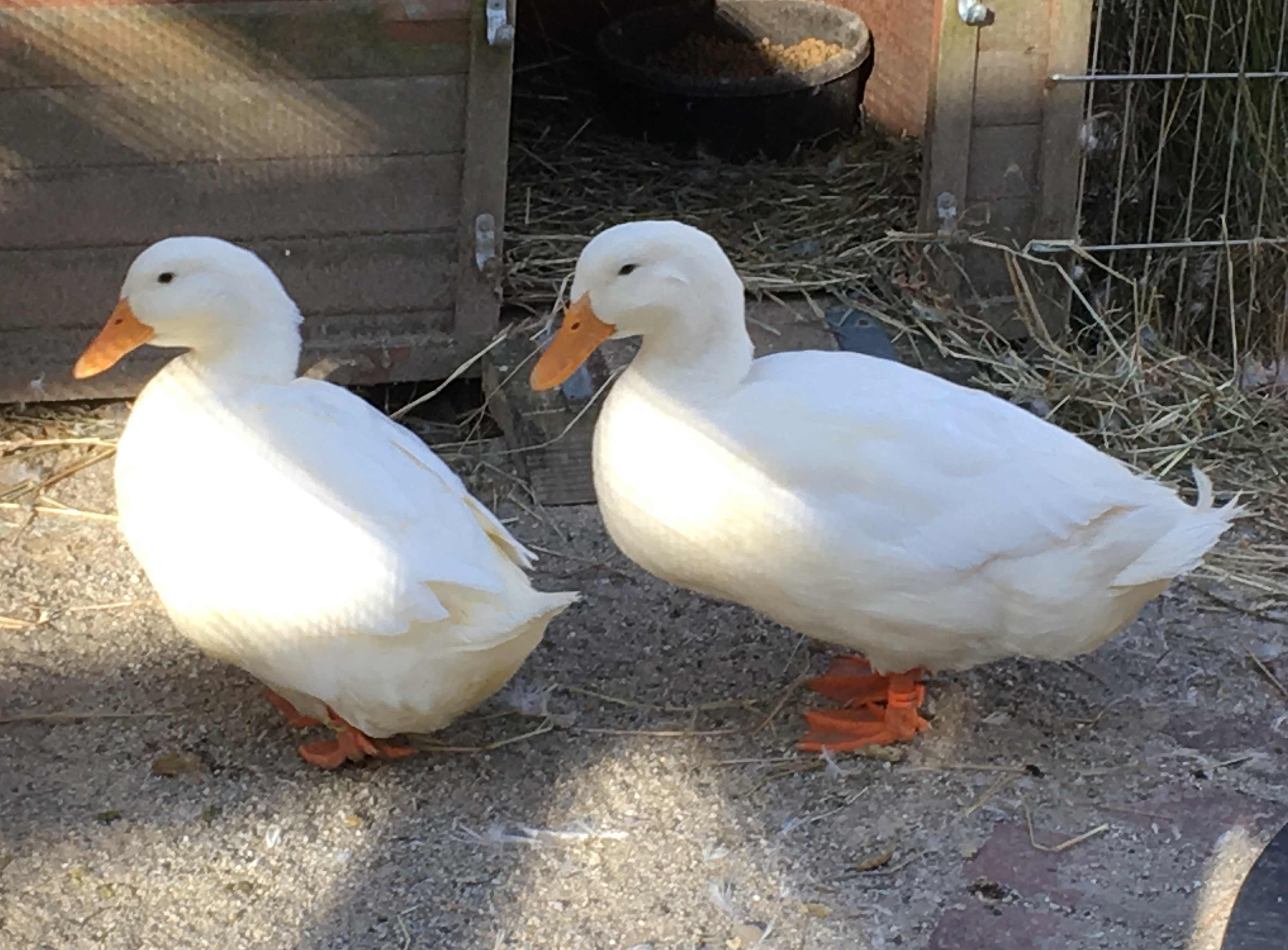
Daisy Duke & Piper
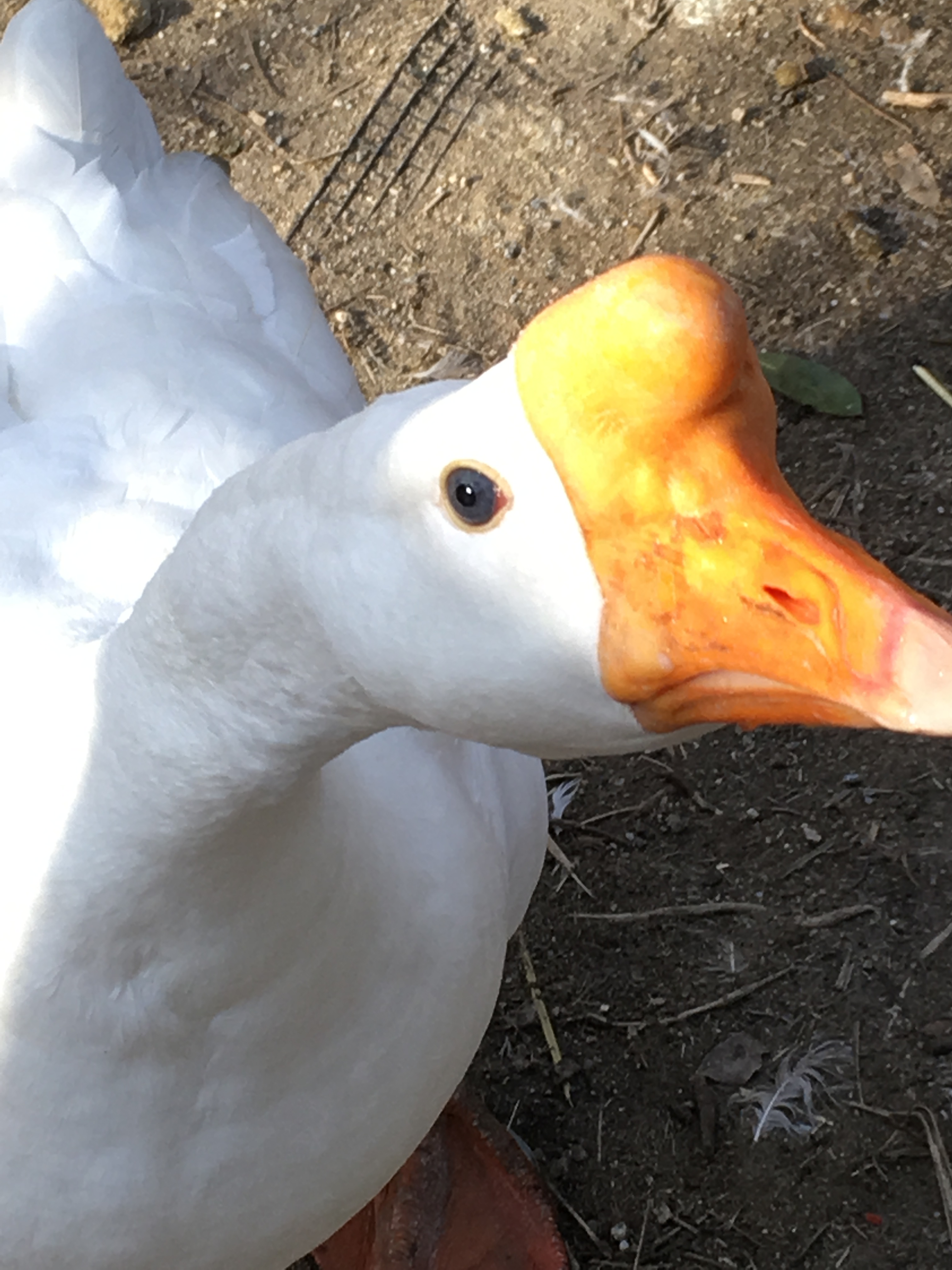
Yolanda
Majestic Newcomers!
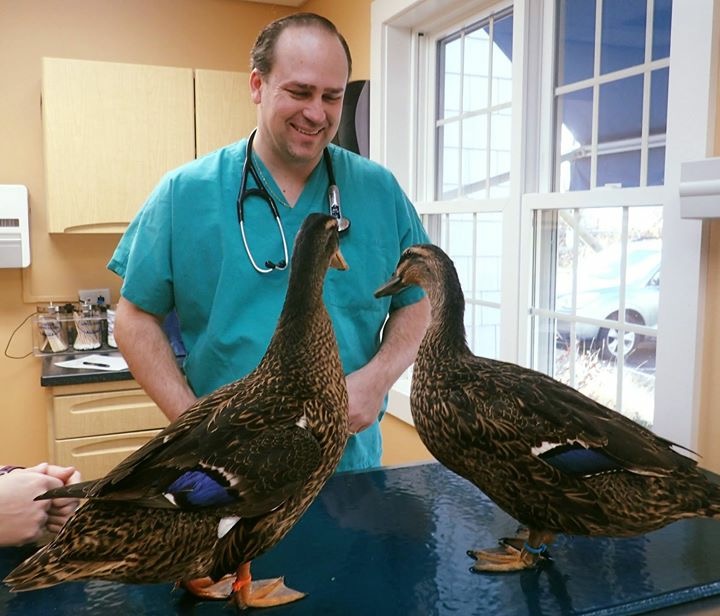
Alyce & Gonzo
Majestic Adoptions!
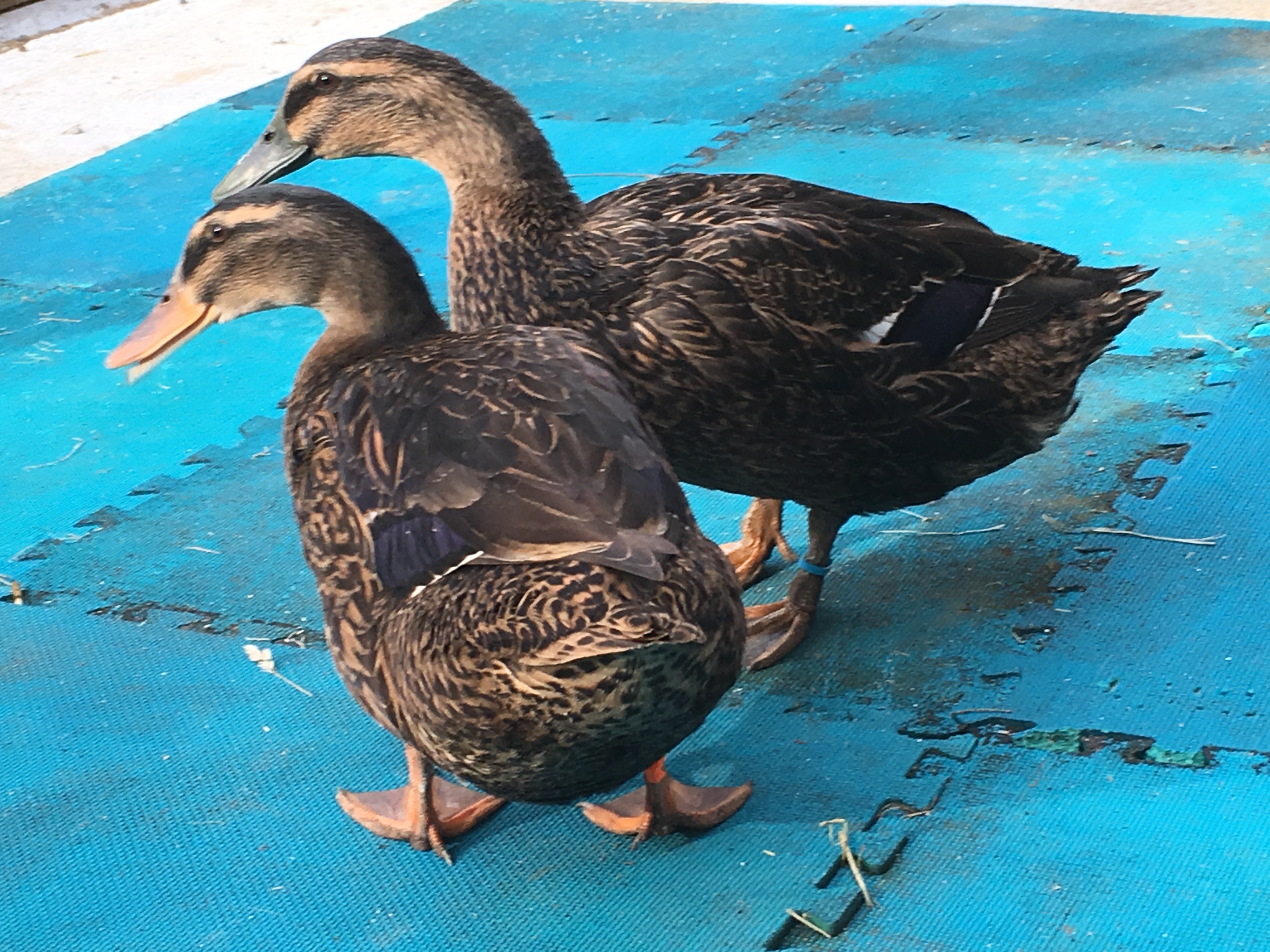
Alyce & Gonzo... For Hiro
Gift Keepsakes
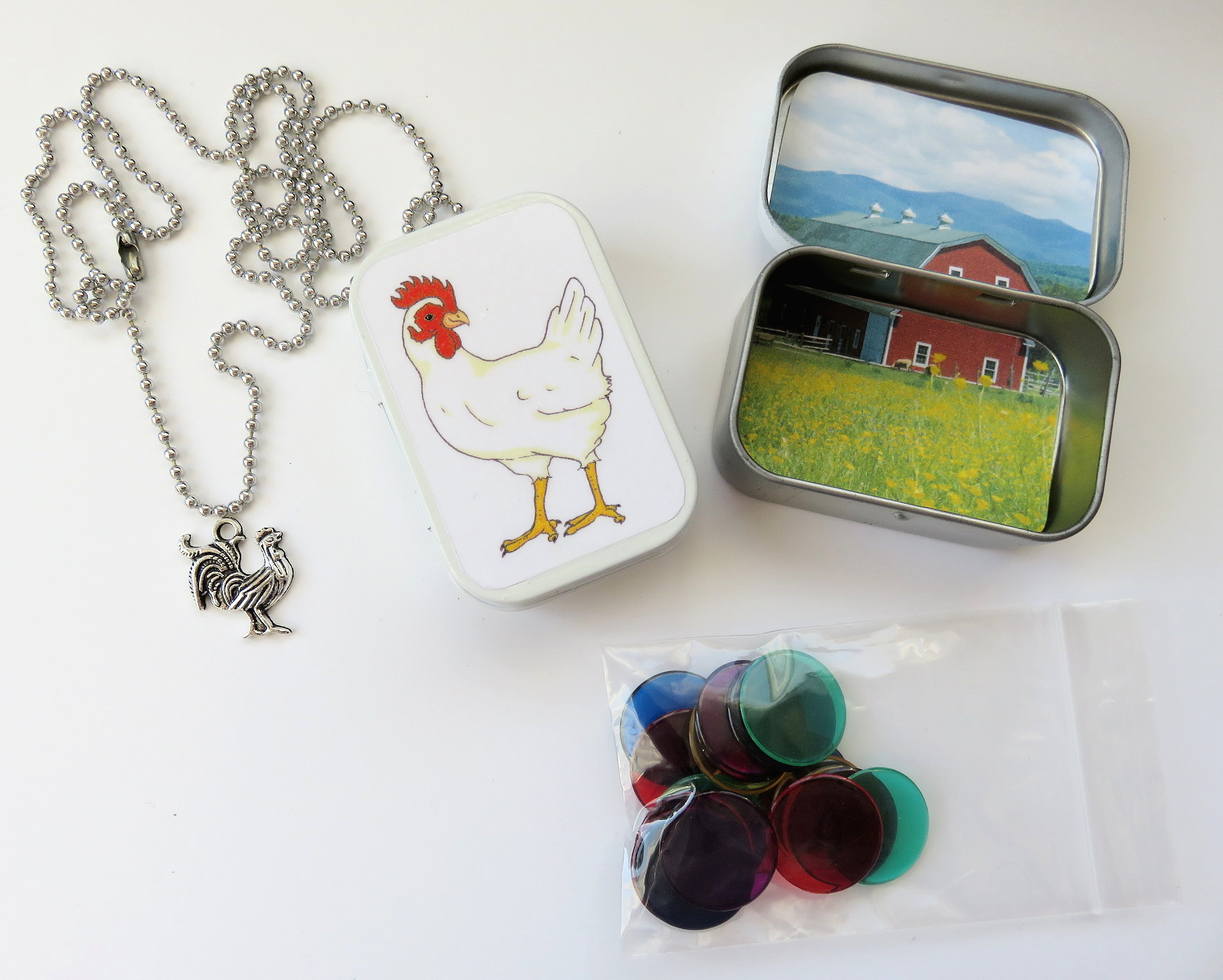
Visit our external website that features photos and descriptions of all of our Pet Keepsakes and Pet Memorial Care Packages.
These gifts are all customizable and are available in various donation levels to suit different budgets.
www.Petkeepsake.weebly.com
Please keep in mind, you still need to visit the Pet Memorial page of our own Majestic website in order to donate for yours.
Majestic
Gift Shop
Visit our Majestic Gift Shop for some fun Majestic items! Proceeds from the
shop benefit our sanctuary!
Lullaby Friends Mug:
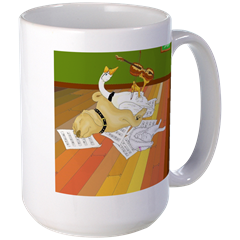
Majestic Sponsorships!
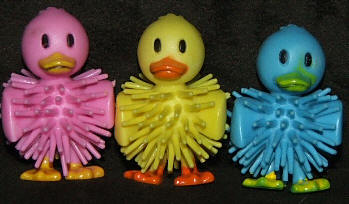
Give the gift that keeps on giving! Please consider sponsoring
our rescued ducks and geese. Visit our Sponsorship Page to learn how!
*Sorry... Continental USA only.
Contact Us
Majestic Waterfowl
Sanctuary
17 Barker Road
Lebanon, CT 06249
directorATmajesticwaterfowl.org
Our Newsletter
The Majestic Monthly is published 12 times per year.
Previous issues are available in our
Archives.
|
Freezing Temperatures
Keeping pet ducks and geese safe in winter can be tricky, especially in colder regions. When monitoring fridgid temperatures, it's vital to pay close attention to wind chill variances.
Here in Connecticut we have been facing some unusually cold weather, which has been spanning out over days. When temperatures drop below 15 degrees F, all ducks and geese are locked up onto their houses and barns. But what do we do when single-digit temps last for a few days?
Due to their nature of gulping down food, ducks and geese should not have access to their feed unless thay also have water readily available. Because we can't move heated water buckets into our smaller duck and goose houses, we remove all feed bowls from their houses to prevent any risk of choking.
With no access to food or water, it's vital that we keep everyone hydrated and fed on a schedule. Every 2-3 hours, we fill a few bowls and buckets with water, throw in handfuls of floating Mazuri waterfowl feed and begin making the rounds. One-by-one, we visit every duck and goose house, open their doors, place their meal inside and then close the door again to give everyone time to eat and drink.
It's pretty easy to tell from the sounds when everyone has had enough; at which point, we open the door again and remove the bowl/bucket and then move on to the next house in line until everyone is properly cared for. We also take advantage of this time to refreshen everyone's hay.
Feedings stop at 8:00 p.m. and then begin again at 6:30 the following morning. Once temperatures rise into a safe zone, we release the quackens!
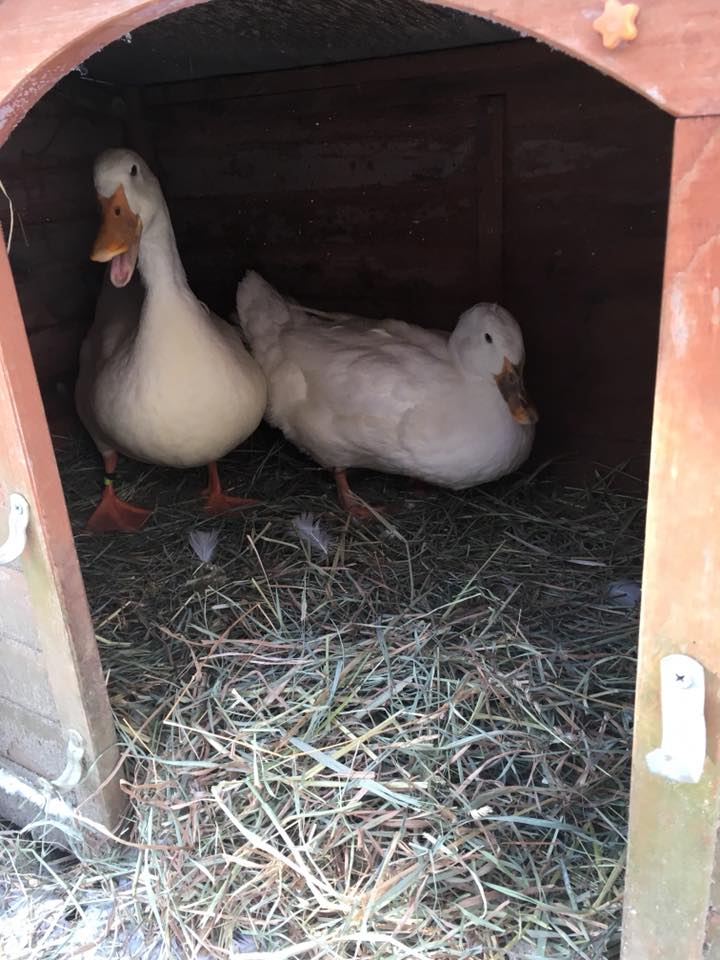
"Hey, close the door!" --SteveO & Evie
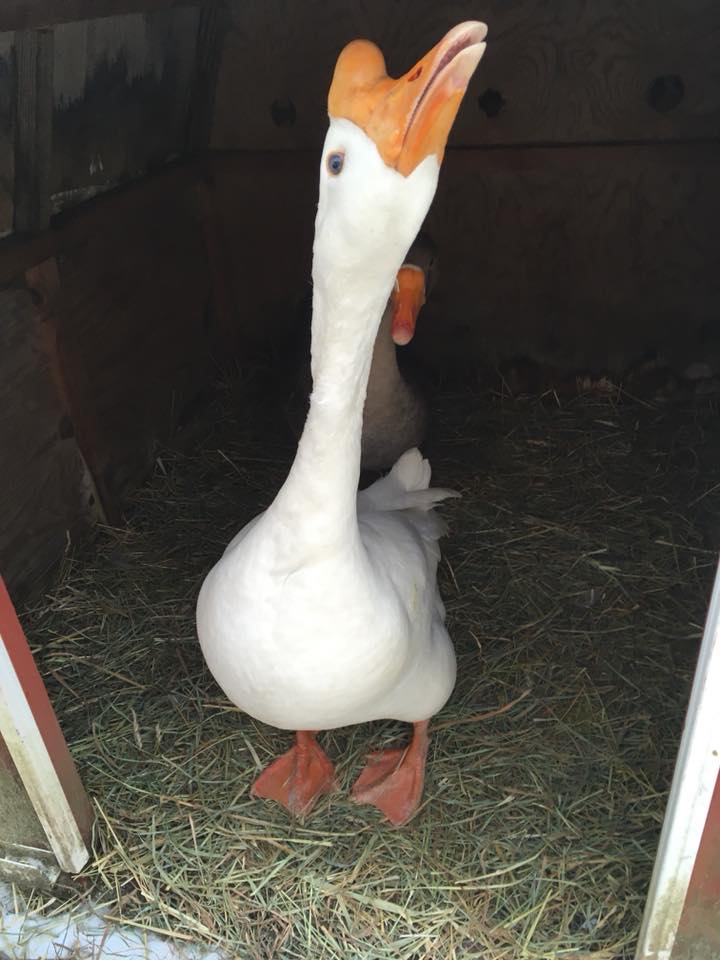
"Did you bring us our lunch?" --Sheldon & Tock
This Connecticut weather is SO cold! How cold is it? SO COLD that we had to bring our beloved Billy-Cha into our basement infirmary to protect his facial caruncles from frostbite. Remember... Muscovy ducks need extra special care and attention in winter, even if it means bringing them inside with you!
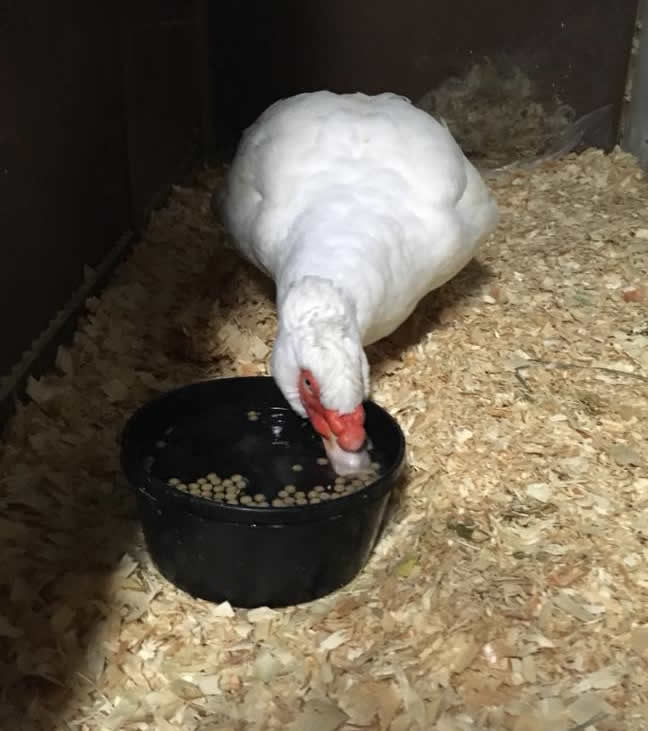
Ducky Gender Identity Crisis
Peabody is nearly sixteen years old and last fall her plumage began to shift from standard female coloration to something akin to that of a male.
In the photo below Peabody is standing between Peter and Pauly. Her folded wing feathers have the powder gray hues of her boyfriends. Compare them to Phoebe's wing feathers right behind her.
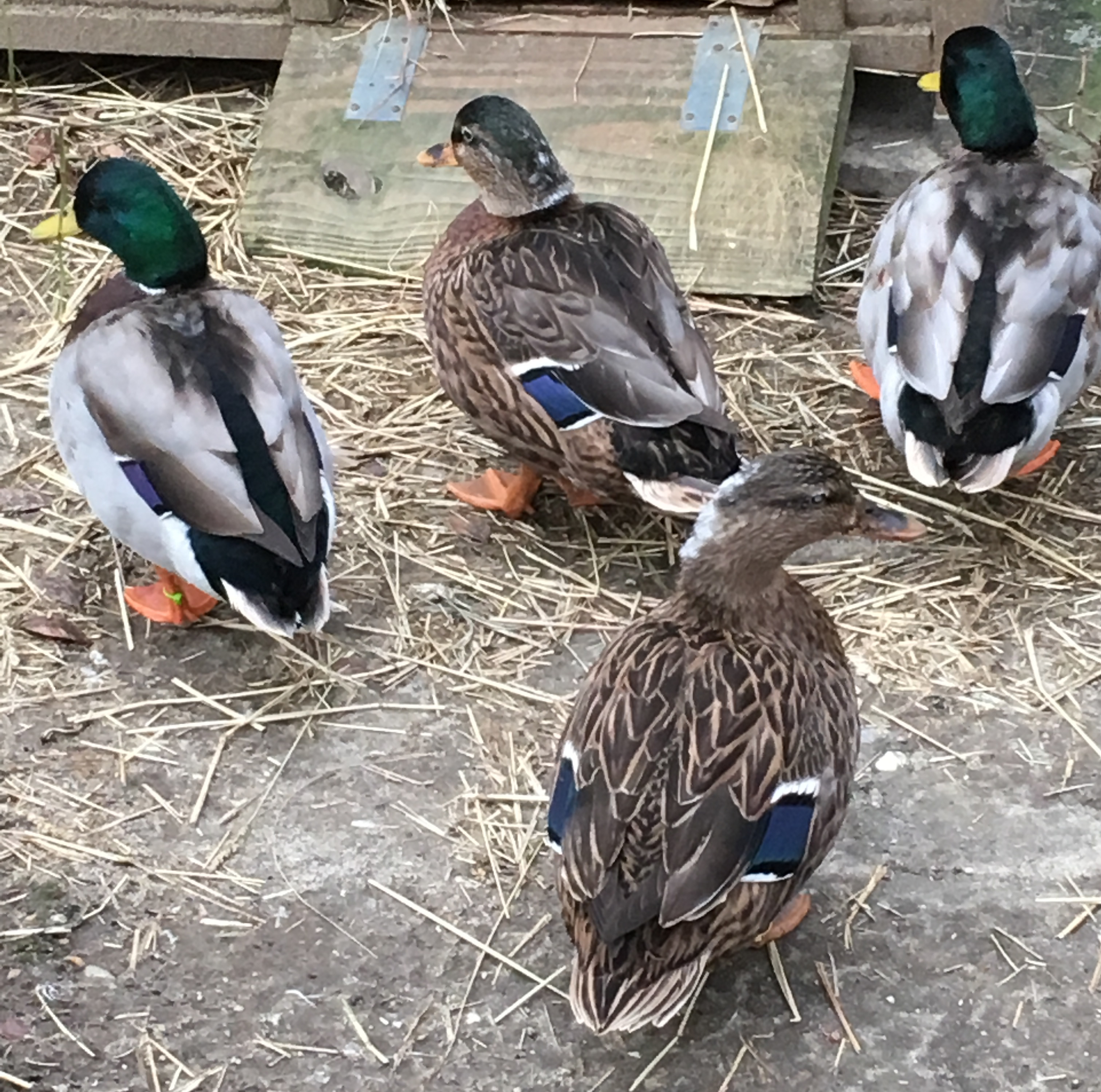
The difference doesn't stop there. Look closely at the below photo of Peabody swimming behind Pauly and check out her newly forming, white neck ring. See it?!
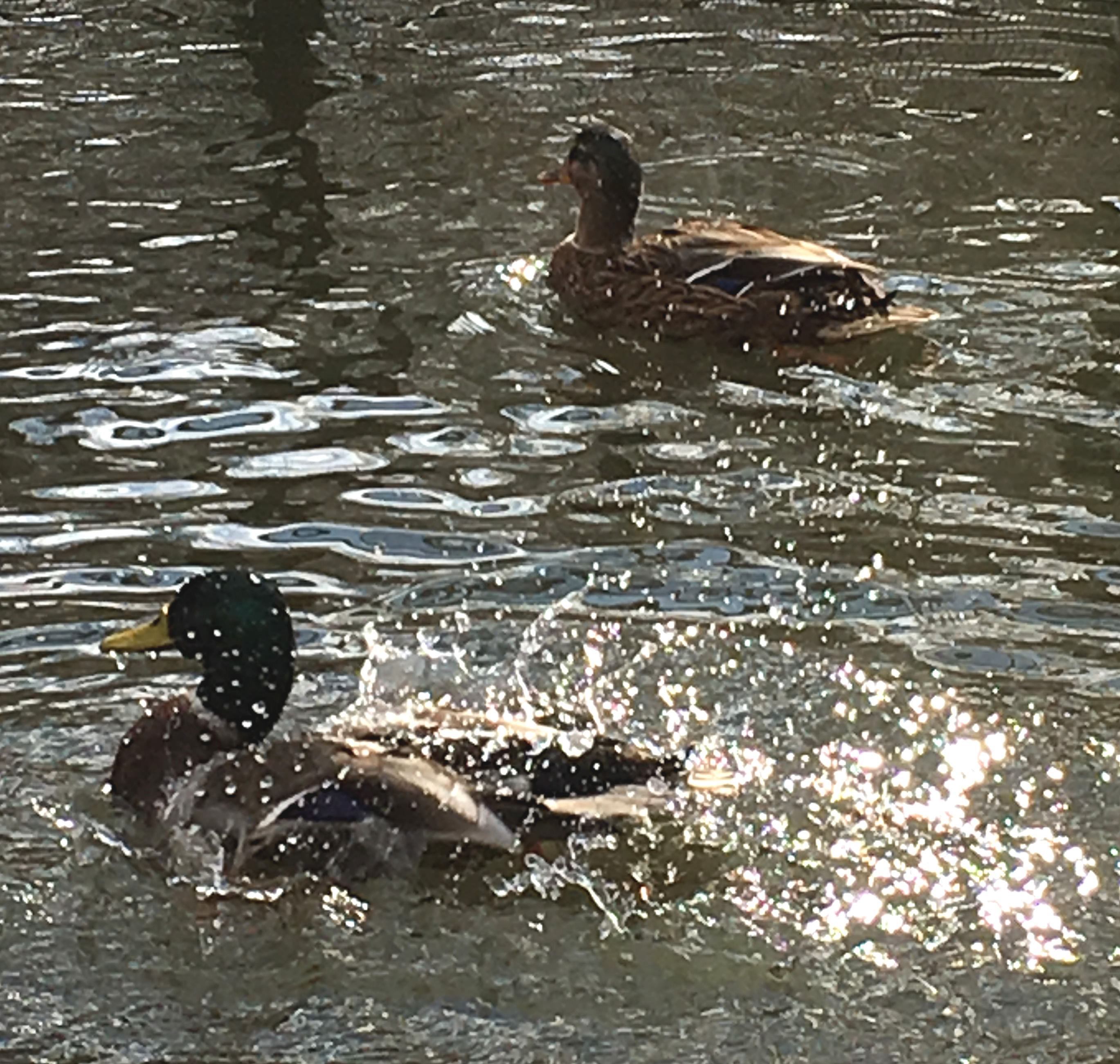
It's not uncommon for the plumage of older female ducks to change as they go through henopause and are making less estrogen. But what if you have a younger duck? What if her plumage begins to change to colors, or she grows a drake-like curly tail feather? Well, first it helps to understand a little bit about ducky anatomy.
Back when your female duck was still growing inside of her egg, two sex organs (one male and one female) began forming inside her. When her gender-assigning, female genes kicked in, one of these emerged into a fully-functioning ovary (usually the left one), while the other (usually the right) halted in its development. This second one is referred to as an ovotestis or a vestigial, non-functioning ovary. Only rarely does a female duck actually develop two functioning ovaries.
If you have a flock of all female ducks (or a flock with older or injured males who can no longer mate, or properly protect their females like they used to), it’s not unheard of for nature to step in and jumpstart the benign ovotestis in one (or more) of them. This switch from utilizing her dominant ovary to using her awakening ovotestis, leads to a drop in estrogen production.
Interestingly, many male characteristics aren’t determined by male hormones at all, but by the absence of female hormones. Once a female duck no longer produces estrogen, her body naturally reverts to a default setting of male plumage. In addition, the no-longer dormant ovotestis begins producing steroids. The sudden presence of these male hormones is responsible for her styling drake-ish feather traits.
If you have a healthy drake among your ladies and you're still seeing an unusual gender bender in one of your young girls, you might be noticing a health issue.
Meet Alyce and Gonzo. These two female Rouens were surrendered to us in January. Female Rouens normally have orange bills (often with brown speckles) just like their female wild Mallard relatives. Meanwhile, male Rouens normally have olive/charcoal colored bills (again, similar to their wild kin). But, look at that--Gonzo is a girl and she has the olive/charcoal bill of a drake!
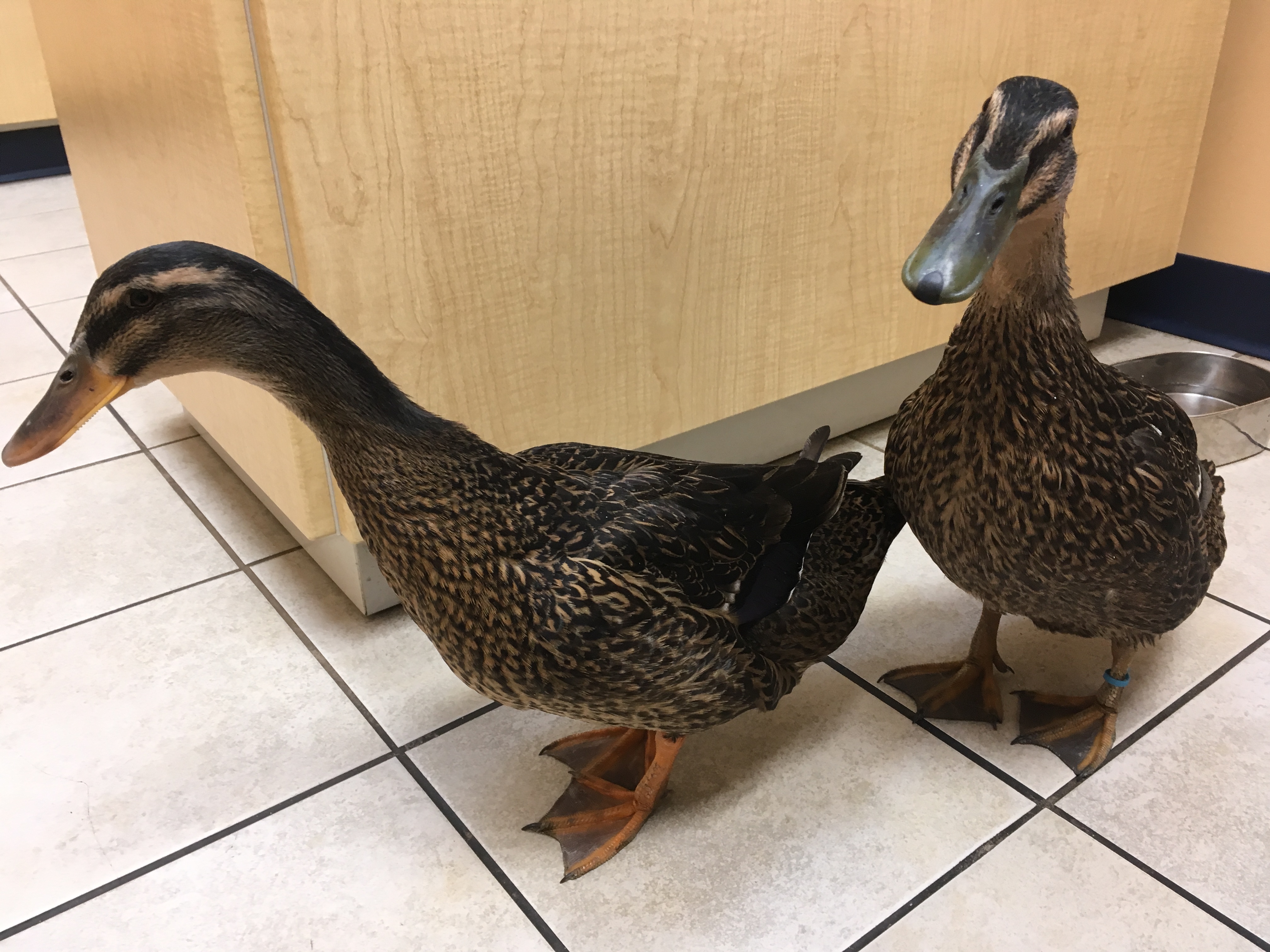
Interestingly, before surrendering the girls to us, Gonzo's former family said that her voice changed when she was about two months old, suddenly becoming more raspy. Thinking it a health issue, they consulted with a vet about it, but since the vet wasn't experienced with waterfowl, they weren't sure what to make of it, but we do!
As ducklings mature, their voices change (females sooner than males) from peeps to quacks. The voices of male ducklings don't transform until they're around eight weeks old. It's kind of funny to think of a grown duck waddling around still peeping like a baby, but that's how it goes with our special boys!
Because Gonzo has a more masculine quack and the olive/charcoal bill of a male Rouen, we are pretty sure her reproductive organs are involved. It's likely that she wasn't producing high enough levels of estrogen during her development and this may still be the case.
Healthwise, Gonzo may be in future risk of reproductive disorders including cancer. On the other hand, while she is currently laying eggs, this could stop at an early age, which would reduce her risk of other reproductive disorders like egg-binding and peritonitis (which are not uncommon in female, egg-laying ducks) and this could actually increase her lifespan.
Healthy Updates!
Dejah Voo is symptom free of aspergillosis and will be going back to our vet soon for some follow-up bloodwork to confirm her tithers are back down to normal. A shining example of early vet intervention making all the difference. Remember, when ducks and geese are sick they mask their symptoms for as long as they possibly can as a natural defense against predators. This means, when you see something even a little bit off with your feathered friend, the sooner you get them to the vet, the better!
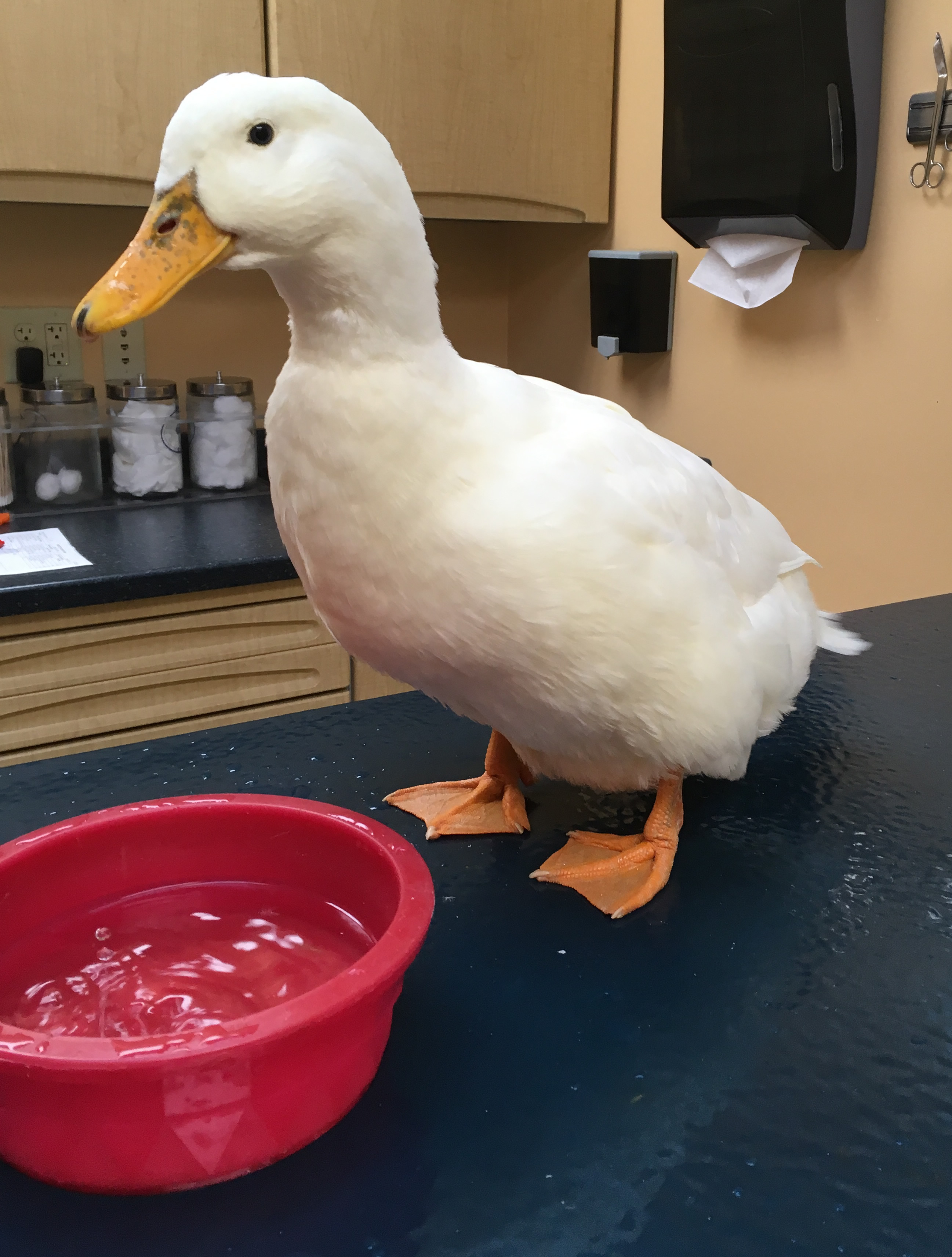
Lil Ms Bee is showing marked improvement since her eye poke, which resulted in a scratched cornea and a tricky infection. Ultimately, a culture of her eye revealed the precise bacteria involved, which enabled our vet to prescribe the perfect antibiotics to clear it all up. While she still has some scar tissue on her eye, it may yet clear up. She does have at least some of her vision back in that eye, which is very good news!
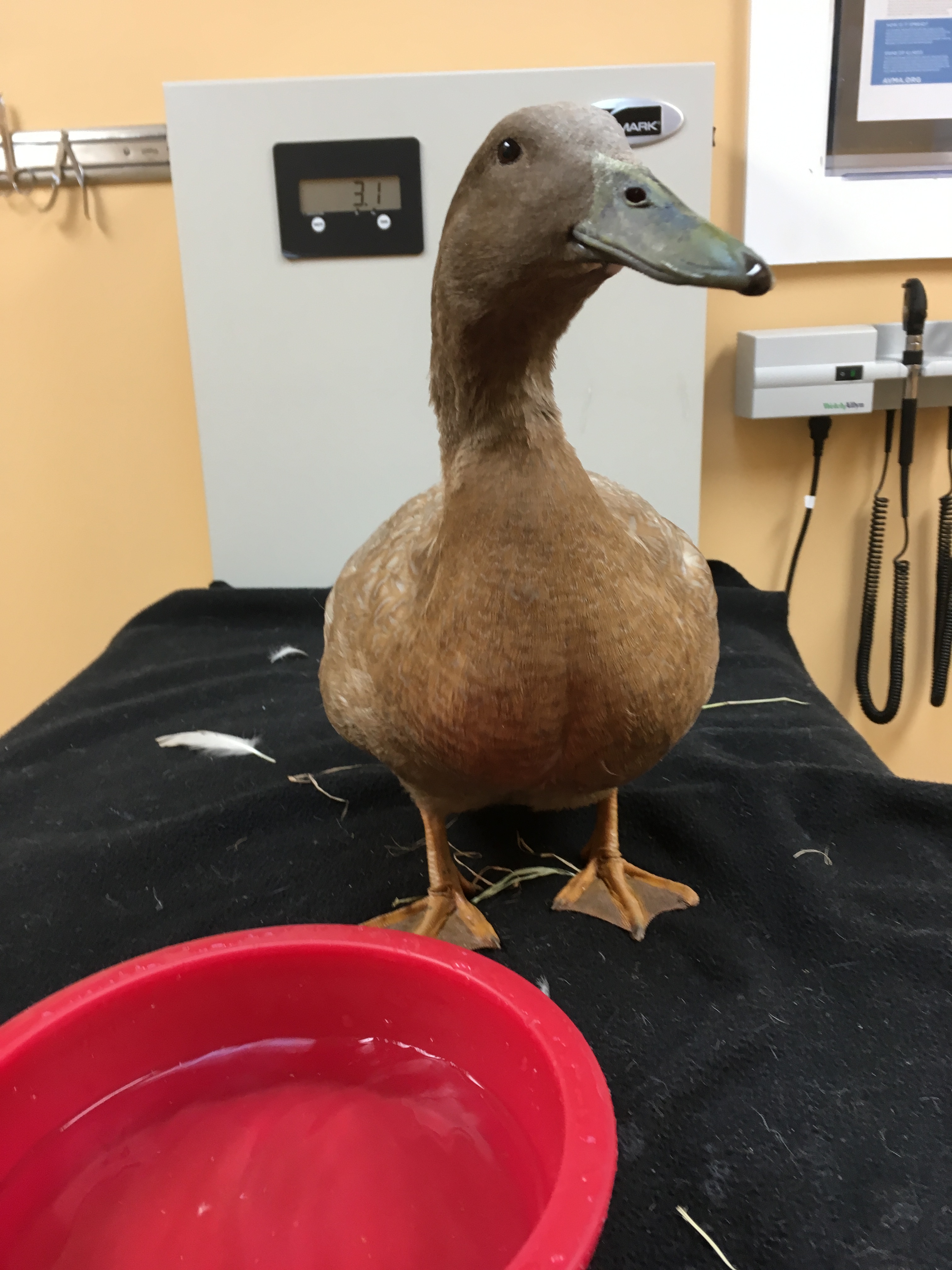
After noticing a slight limp, an x-ray revealed a mass near the base of Billy-Cha's hip. We recently brought him back to the vet again to biopsy the mass, so we will know how to handle his future care--making the most informed decisions possible.
While all waterfowl have a diving instinct, which can cause them to hold their breath under anesthesia (make sure your vet is prepared for this), Muscovy ducks are particulary touchy. For this reason, Billy was sedated (not gased) and given a local block to prepare him for his biopsy. Once comfortable, the samples were taken and sent off to the lab for analysis. We will post results on Facebook as soon as we know and follow-up in next month's newsletter as well.
Special thanks to our vet team at Noank-Mystic Vet Hospital for taking such great care of our special cha-cha boy!
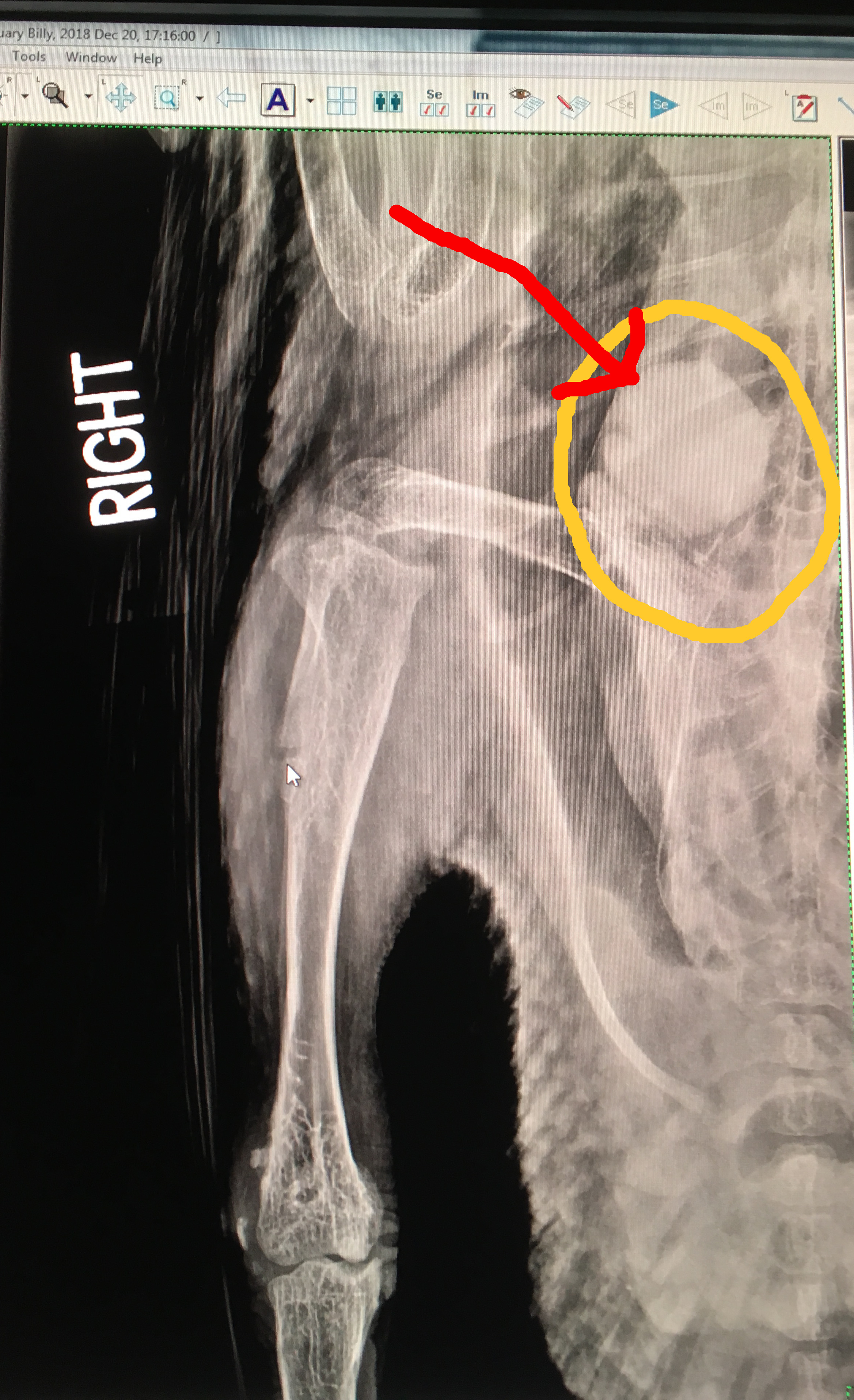
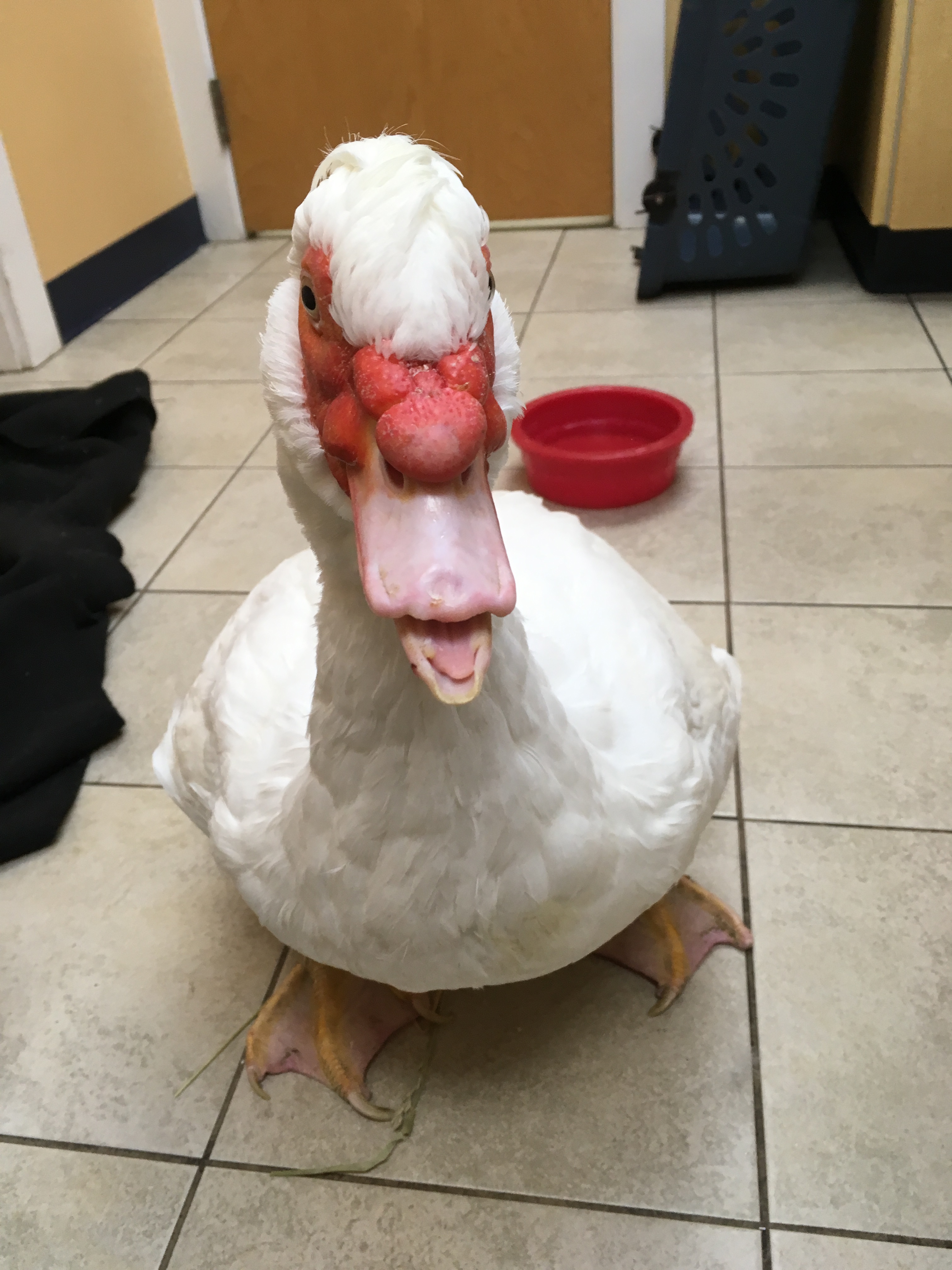
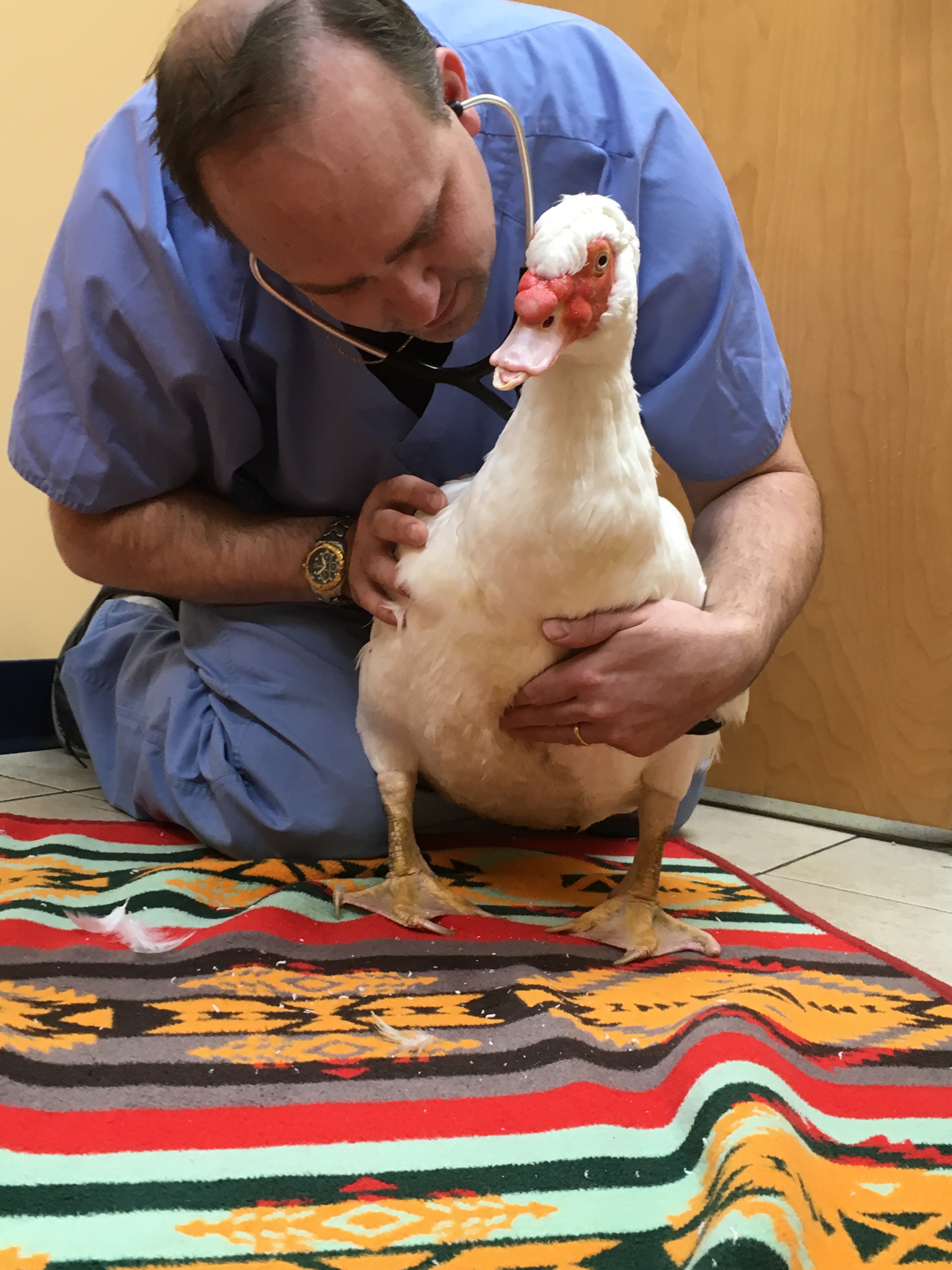
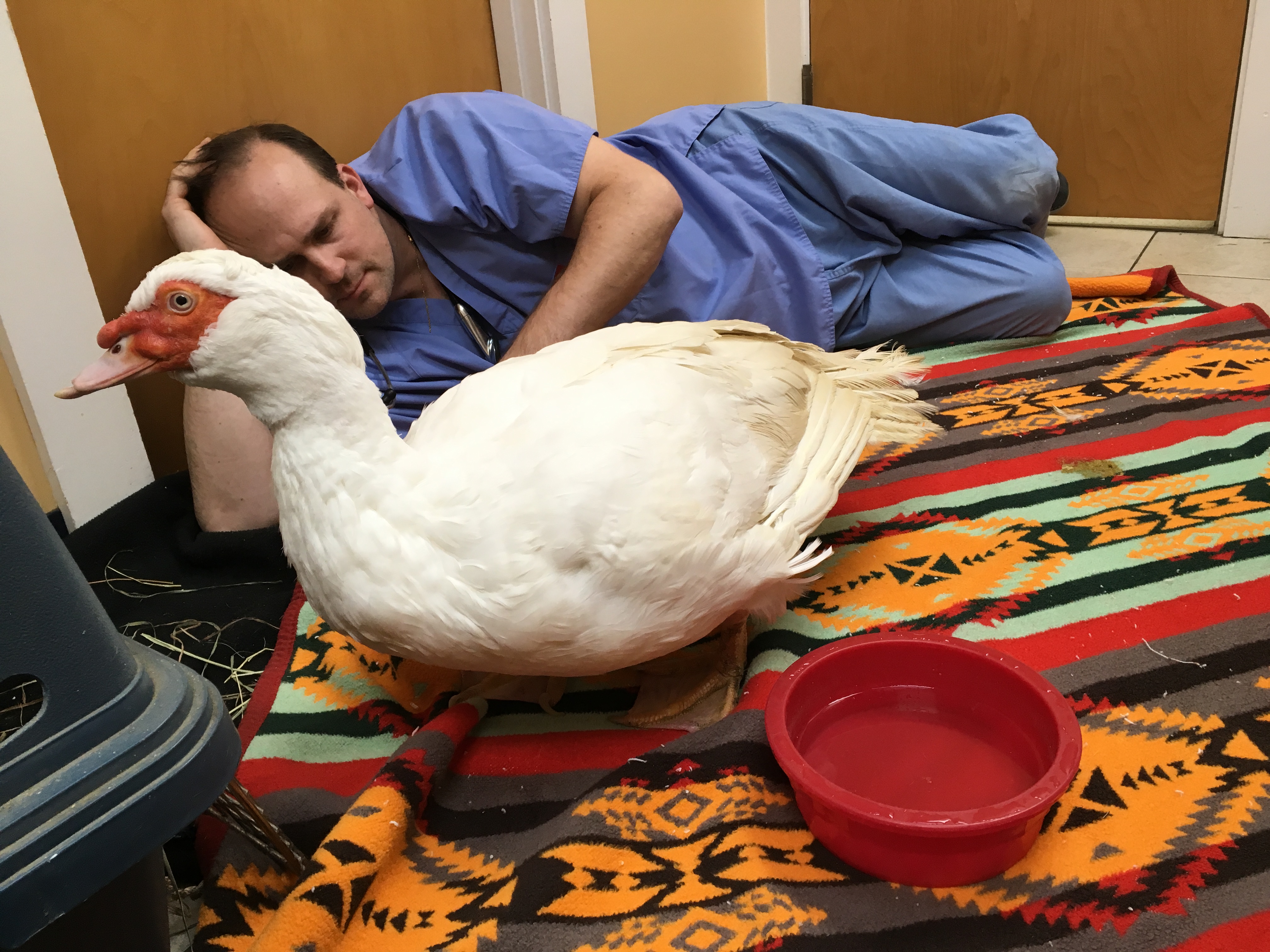
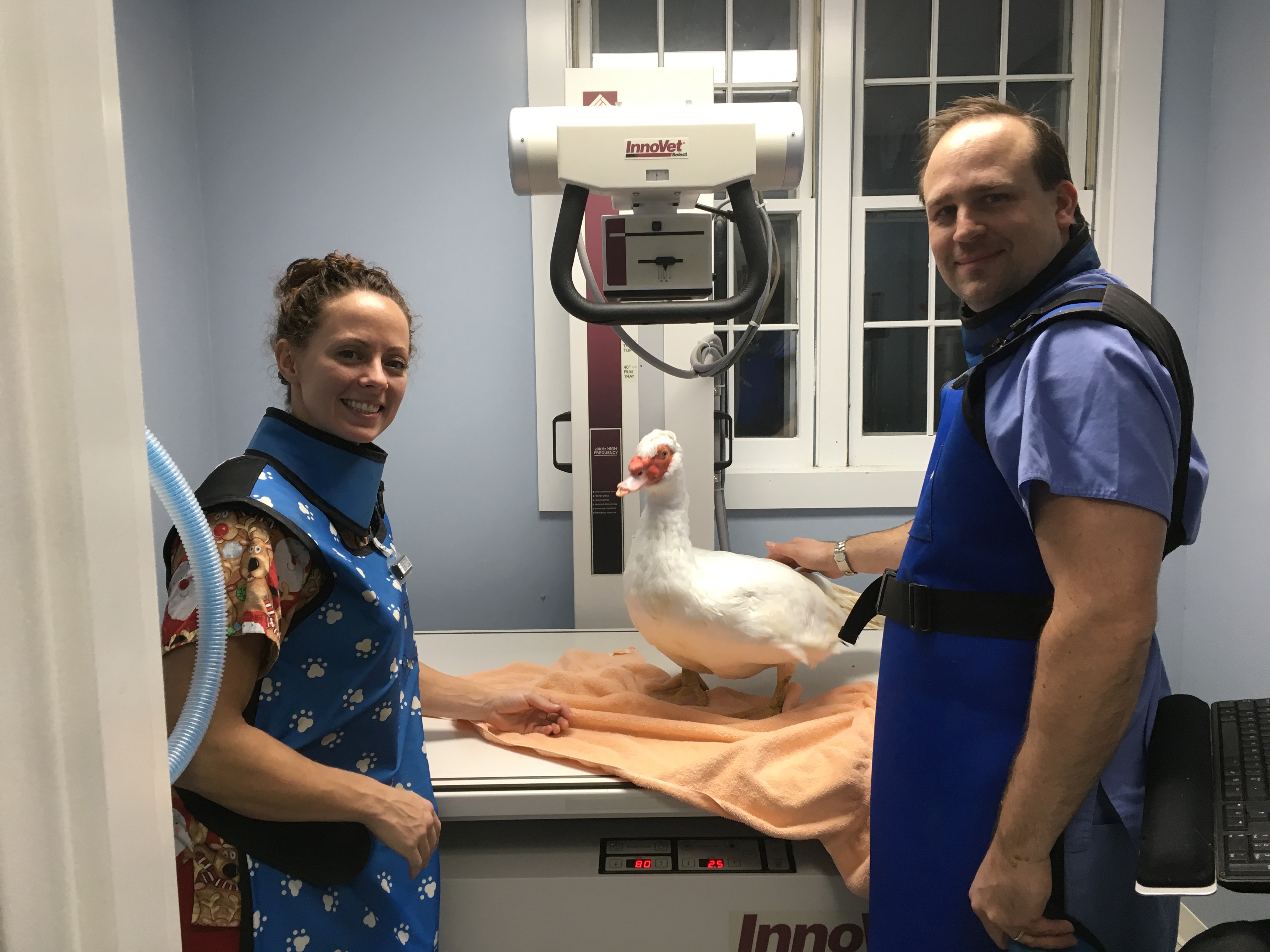
|

